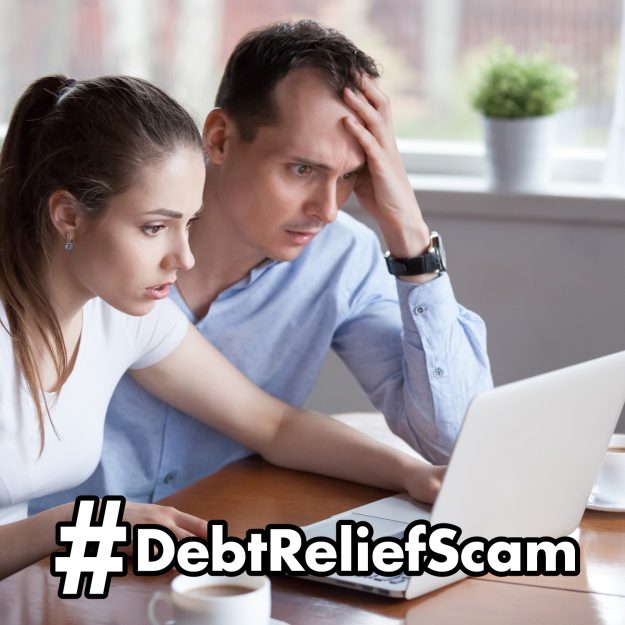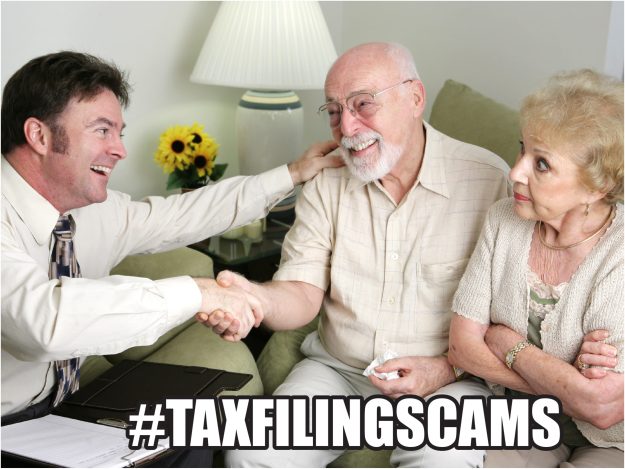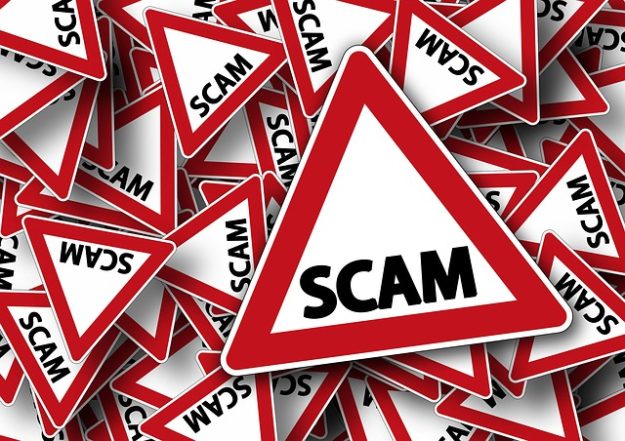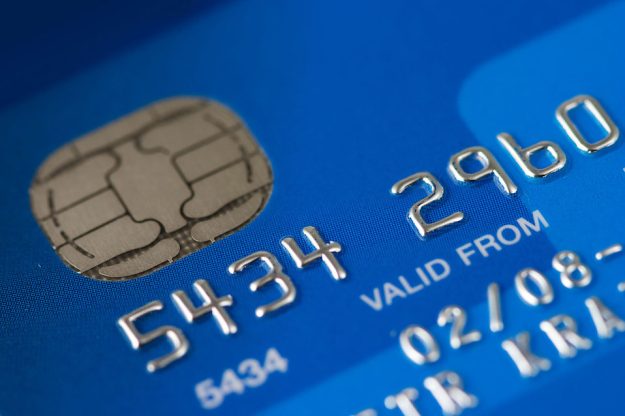Beware of Debt Relief Scams
Big debt can be a big beast. One that takes huge bites out of your budget and destroys any chance you might have at strong financial wellness. Unfortunately, scammers know this, so they target victims with debt relief scams.
Here’s what you need to know about debt relief scams and how to avoid them.
How the scams play out
Debt relief scams target consumers who may have a lot of credit card debt under any or a combo of the following guises:
- Debt repair service to greatly increase their credit score in no time
- Service to remove negative credit report info
- Promise to reduce credit card rates
The target, who is desperate to shed their debt, will pay any price for the promised outcomes. The scammer then fails to come through as promised, leaving the consumer even deeper in debt.
Red flags
These red flags can help you identify a debt relief scam:
- Someone guarantees to bring your credit score up by a specific number of points within a short time.
- The service promises to get rid of factual credit report information on your credit file.
- They demand an up-front payment.
- The service claims to be affiliated with a credit card company, but that company doesn’t recognize the service.
- They tell you to cut off all communication with creditors.
The do’s and don’ts of credit repair
If you’re looking for a legitimate credit repair service, these tips can help.
Do:
- Research the service you consider using. Look for a secure site with a phone number and street address, as well as positive reviews from past clients.
- If the service claims to be affiliated with a credit card company, give the company a call to verify.
- Ask for a clear explanation of all fees and conditions.
Don’t:
- Never pay an upfront fee for a debt relief service.
- Don’t believe a service that guarantees to bring up your score by a certain amount in a specified timeframe.
- Don’t believe that a service can get rid of negative information on your credit file.
If you’re deep in debt, don’t despair. Let Olean Area Federal Credit Union help you get out of debt through a debt consolidation loan. Call, click or stop by today to learn more.


















